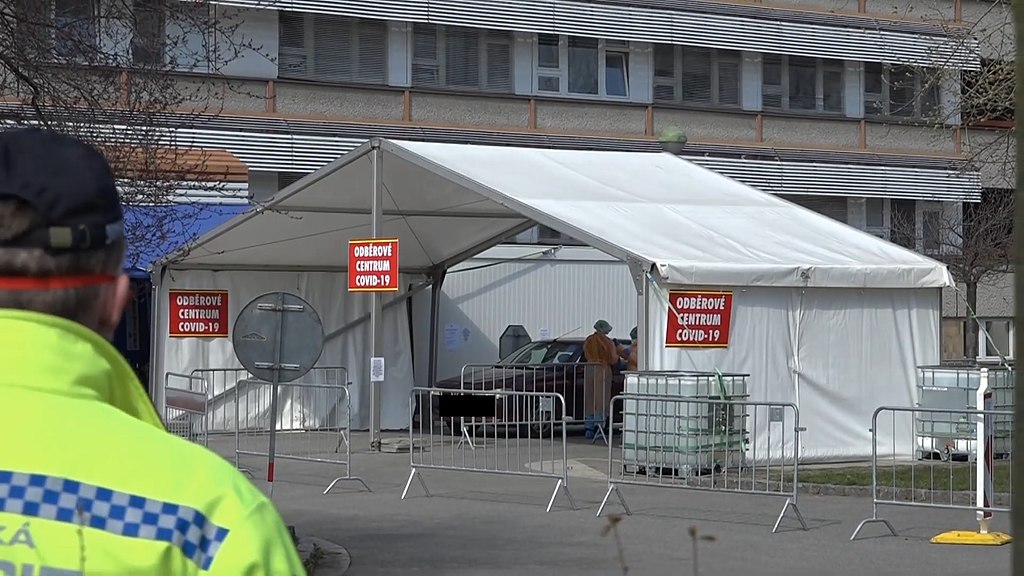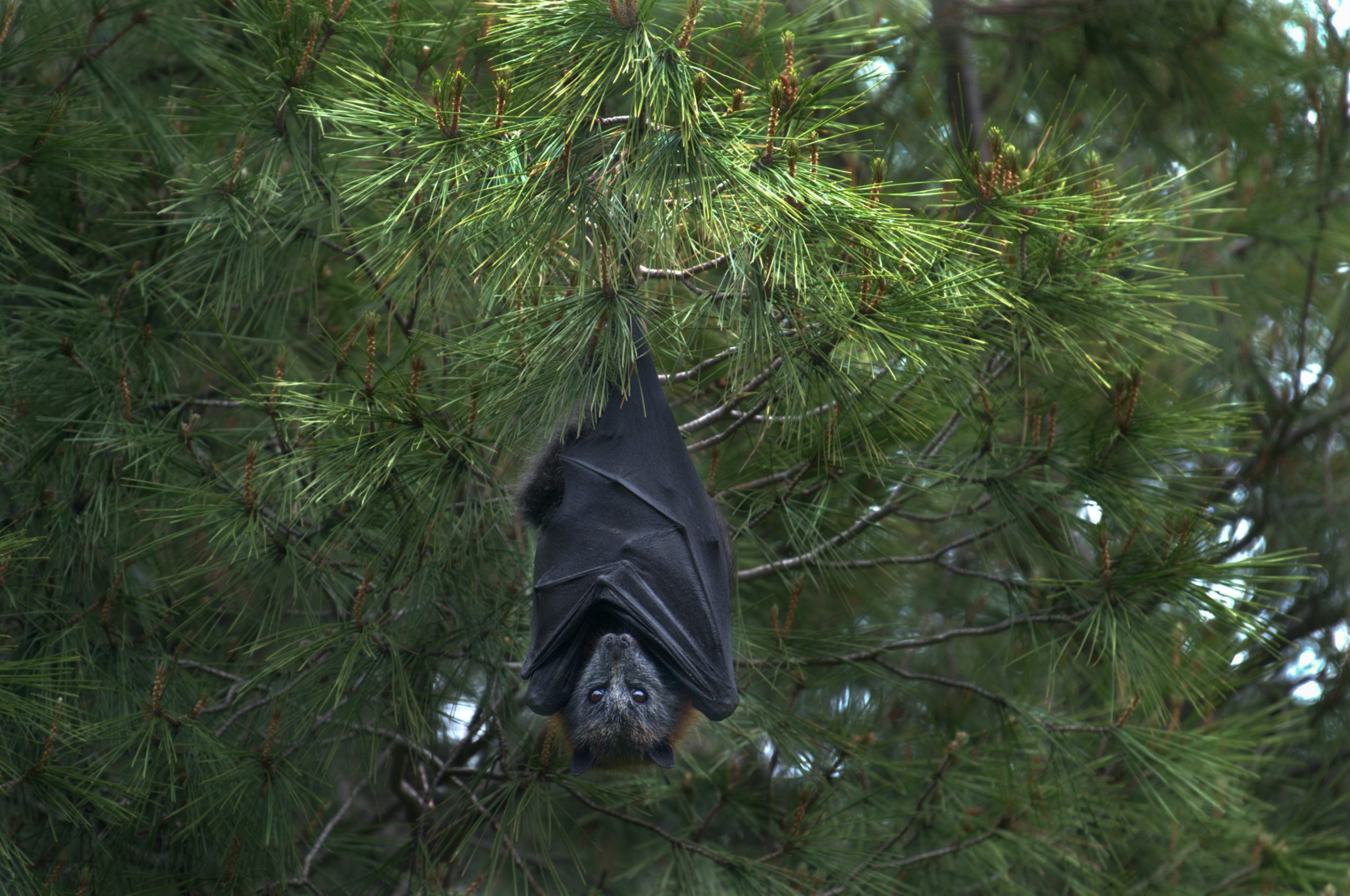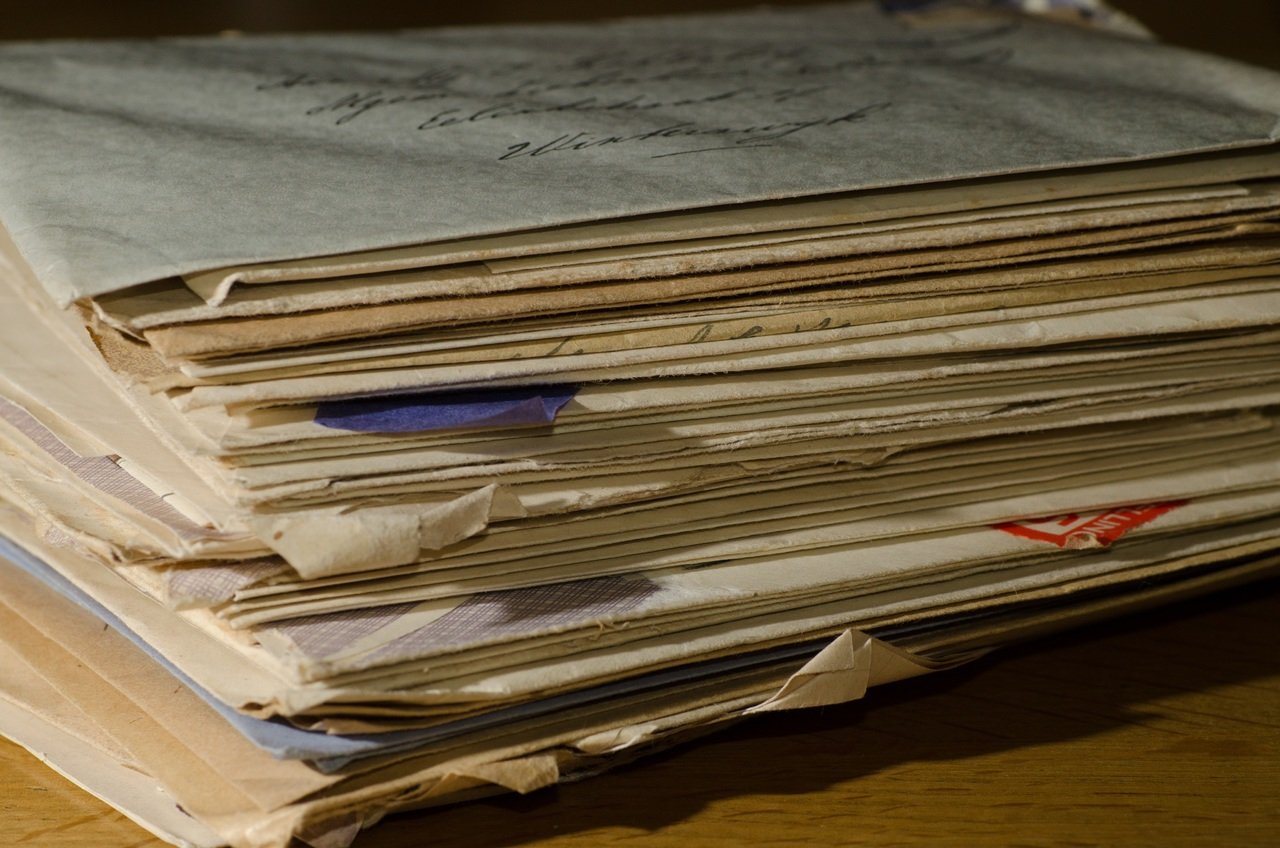PCR, antigen and antibody: Five things to know about coronavirus tests
To diagnose and contain the spread of coronavirus, testing is critical. There are two types of Covid-19 tests — those that are designed to detect whether you have the infection now, or those crafted to check whether you have been previously infected by the virus — SARS-CoV-2 — that causes the disease. Like any other product these … Read more





